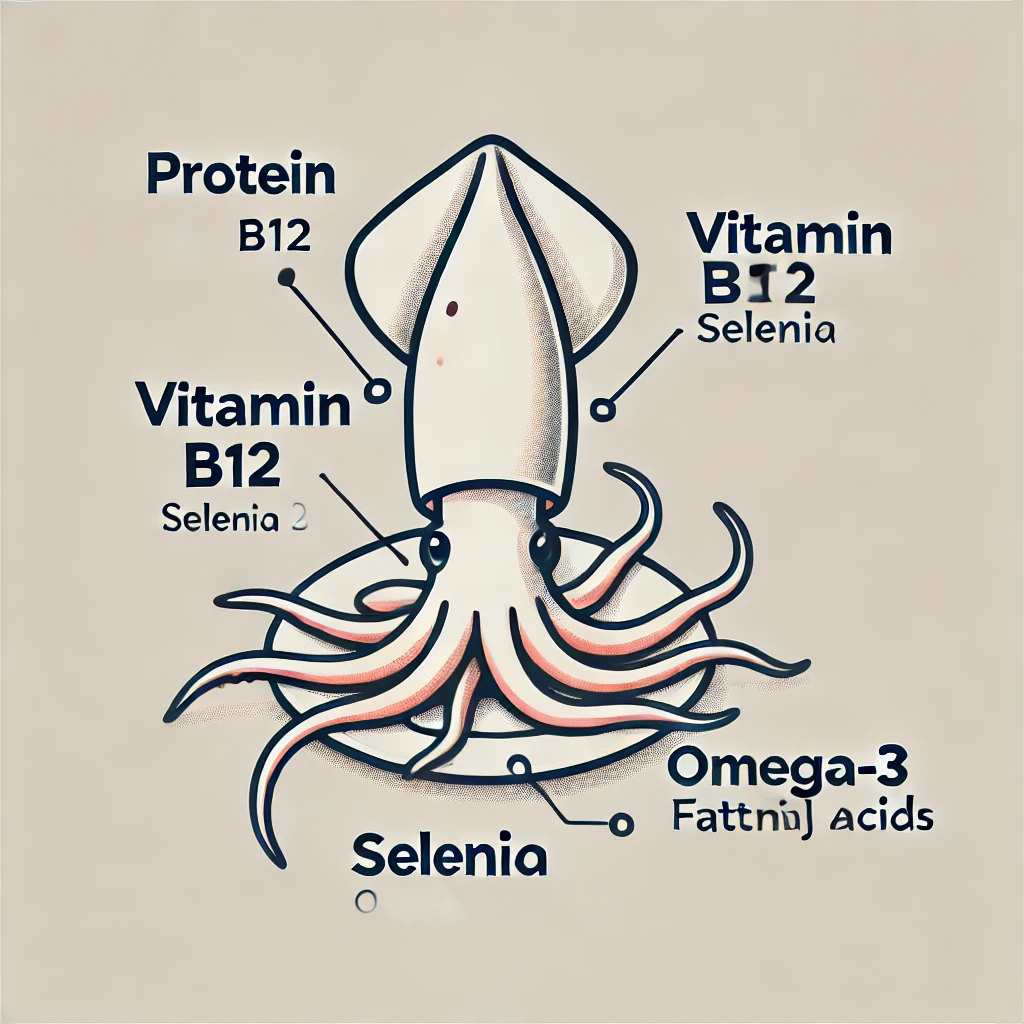Nutritional Benefits of Squid and Its Health Advantages
Squid is known as a healthy food from the sea, packed with a variety of nutrients. It is a high-protein, low-fat food that is ideal for a balanced diet, especially for those considering weight management.… Nutritional Benefits of Squid and Its Health Advantages
